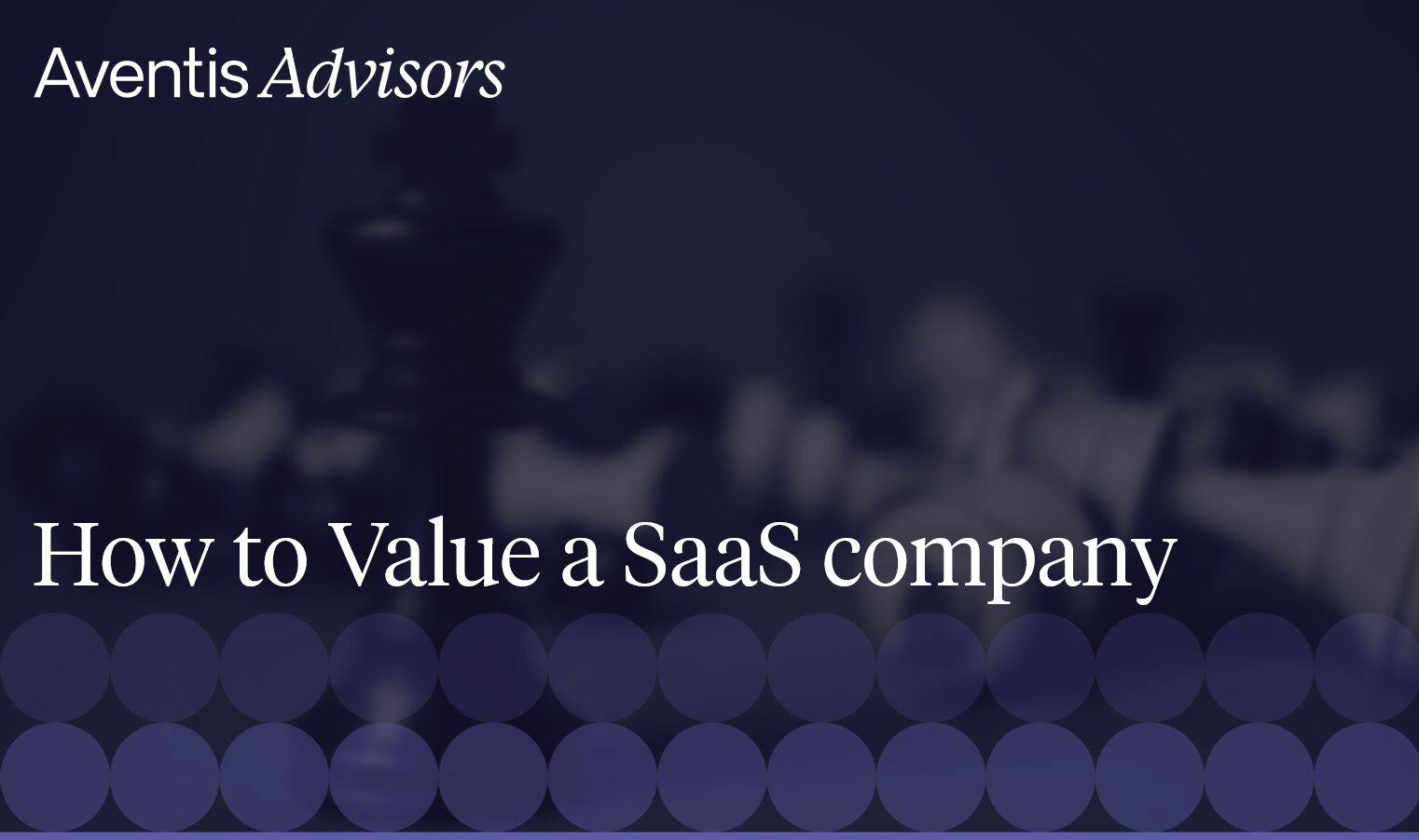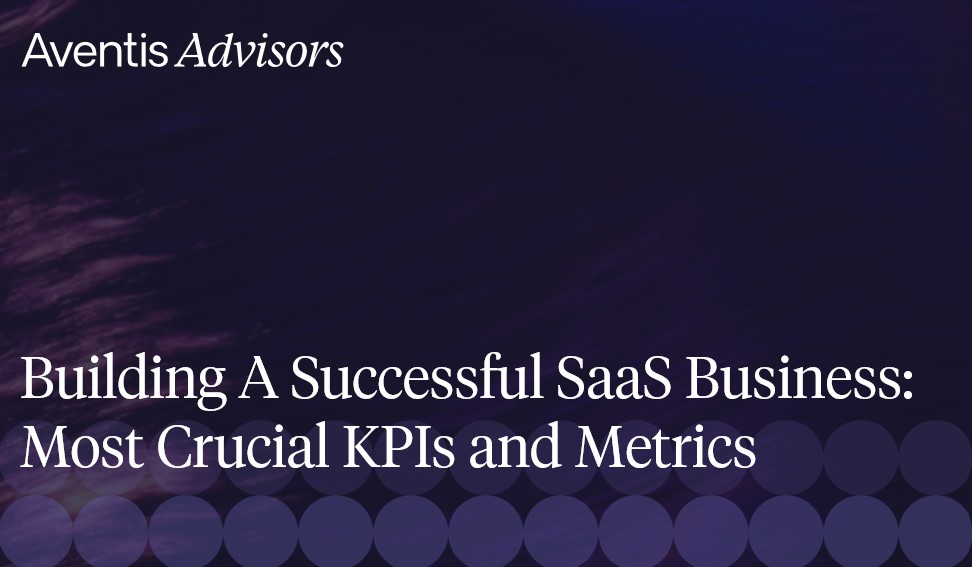Selling your software company is a critical move that requires insight, precision, and the right strategy. This step-by-step guide looks directly at how to sell a software business: how to prepare your business for sale, accurately assess its value, engage with the right buyers, and negotiate to close a deal profitably. We’ll walk you through what it takes to sell a software business and give you actionable advice based on industry expertise to help you achieve a successful sale.
Key Takeaways
- Thorough preparation, including immaculate financial records, addressing legal matters, and showcasing operational efficiency, is crucial for maximizing software company value and attracting buyers.
- Accurate valuation through industry multiples, discounted cash flow analysis, and identifying strategic value is essential to price the business appropriately and highlight its unique selling proposition to potential buyers.
- Effective marketing, smooth due diligence, strategic negotiation, and maintaining business momentum throughout the sale process are vital for a successful sale and smooth transition to new ownership.
Reasons to sell your software business
The decision to sell a software company can significantly impact an entrepreneur’s career path. It’s a decision that isn’t taken lightly, as the potential for substantial financial gains is balanced against the loss of a company you’ve nurtured from the ground up. The motivations behind such a significant step vary widely, ranging from personal reasons to strategic business opportunities.
For certain individuals, selling their software company represents the culmination of their entrepreneurial efforts, reflecting their dedication and creativity. For others, it’s a strategic maneuver, a chance to capitalize on the company’s success and ensure its longevity in the hands of a larger enterprise. Regardless of the reasons, the process of selling is a journey in itself, one that requires preparation, negotiation, and keen business acumen.
Preparing Your Software Business for Sale
As with any journey, selling your software business begins with comprehensive preparation. From financial housekeeping to legal considerations, every detail matters. An organized, efficient, and prepared company mirrors the readiness of a well-packed suitcase for an upcoming journey. This preparation is fundamental to maximizing your company’s value, attracting potential buyers, and ensuring a smooth transaction.
Financial Preparation
In the financial realm, cleanliness is next to godliness. Well-kept financial records give potential buyers a clear snapshot of your company’s net profit, showcasing its profitability and sustainability. These financial statements, including monthly income statements, balance sheets, and cash flow statements, should be readily available, organized, and up-to-date.
The help of a CPA or CFO in presenting your company’s finances can prove invaluable, ensuring an accurate representation of your company’s financial health and prospects. Remember, financial transparency is a cornerstone of trust between you and potential buyers, which can lead to a premium valuation.
Legal Matters
Addressing all legal implications forms another vital component of pre-sale preparations for your software business. Ensuring that intellectual property rights, including trademarks, patents, and copyrights, are securely held and systematically documented is paramount. Moreover, a thorough review of software licensing agreements and compliance with relevant laws and regulations across all operational jurisdictions is critical.
Engaging legal experts who specialize in software transactions can be a strategic move to effectively navigate the legal landscape and safeguard the interests of the selling party.
Company Operations
A company’s value is primarily propelled by its operational efficiency. Streamlining processes through automation tools can lead to cost savings and better communication, making your business more attractive to potential buyers.
Documenting business processes thoroughly offers several benefits:
- It allows for efficient operation without the current owner’s direct involvement.
- It broadens the range of potential buyers.
- It eases the transition to new ownership.
Valuing Your Software Business
With your software business ready for sale, the next step involves establishing its monetary value. Valuing your software business is akin to setting the price tag on your offering to the market, and it’s a delicate balance to strike. You need to make sure that the price reflects the true value of your company and its potential for growth.
This part will explore various valuation methods to assist you in accurately pricing your business.
Industry Multiples
Industry multiples are a commonly used method for valuing software companies. These multiples, often based on EV/Revenue and EV/EBITDA ratios, provide a benchmark for valuing your company in relation to others in the industry. Factors such as the size of your company and its geographical location can significantly influence these multiples.
Large software companies, for example, can command higher valuation multiples, with an increase by 2-3x for each size increment, as seen in many software companies.
Discounted Cash Flow
For startups and growth-stage software companies, the Discounted Cash Flow (DCF) method can be particularly suitable. This method values a software company based on the present value of its future cash flows, taking into account the time value of money. The DCF method requires financial projections of your company for a future period, typically five to ten years, to estimate future free cash flows.
The discount factor is calculated based on the Weighted Average Cost of Capital (WACC).
Strategic Value
Every software company possesses a unique set of characteristics that can enhance its strategic value. These factors, which go beyond mere financial metrics, can significantly heighten the value of your software company. Some examples include:
- Proprietary technology
- Strong fit within a buyer’s existing product ecosystem
- Established customer base
- Intellectual property rights
- Scalable business model
By highlighting these unique characteristics, you can attract potential buyers and negotiate a higher valuation for your software company.
For instance, software companies with a focus on recurring revenue, such as SaaS companies, can bolster their strategic value with predictable, high-margin cash flows.
Marketing Your Software Business for Sale
Once your software business has been appropriately prepared and valued, the next step is to introduce it to the market. But how do you ensure your business catches the eye of potential buyers? How do you effectively communicate its value and potential?
This part will navigate you through the marketing strategy to sell software, focusing on the software sales cycles of your software business.
Creating a Confidential Information Memorandum (CIM)
A Confidential Information Memorandum (CIM) is essentially a sales brochure for your software business. It provides a detailed summary of your business, including financials, proprietary technology, and future prospects, all of which can help potential buyers gauge the worth of your company.
A well-prepared CIM not only exhibits your company’s strengths but also attracts the right buyers, leading to a successful sale.
Identifying Potential Buyers
Finding potential buyers for your software business involves a combination of strategic networking, attending industry events, and utilizing online platforms. These avenues allow you to reach out to a wide range of potential buyers and effectively communicate your software company’s value proposition. Remember, the aim isn’t just to find any buyer, but the right buyer for your business.
Working with an M&A Advisor
An M&A advisor can help you with:
- Preparing and presenting your business
- Handling negotiations
- Facilitating the sale
- Achieving maximum business value
Think of them as a seasoned guide, helping you navigate the complex terrain of the sales process.
They can provide valuable assistance as a business broker, ensuring your business shines in the best light and attracts prospective buyers.
Negotiating and Closing the Deal
The concluding part of the process entails negotiating terms and finalizing the deal. This stage is all about striking a balance, ensuring both parties arrive at agreeable terms. It’s during this stage that your preparation and valuation exercises come into play, guiding the negotiation process and leading to a successful close.
Due Diligence
Before closing a deal, potential buyers will conduct due diligence. This process involves a comprehensive checklist covering the following areas:
- Commercial
- Finance
- Tax
- SaaS
- IP and Technology
- Legal
Thorough due diligence ensures that all aspects of your business are in order and meet the buyer’s expectations, paving the way for a smooth transaction.
Negotiating Terms
Negotiating the terms of the deal is a delicate dance, especially when dealing with traditional venture investors. It’s crucial to establish clear earn-out provisions, negotiate the scope of non-compete clauses, and define post-sale support roles and expectations.
Utilizing the expertise of an M&A advisor can be of great help during this phase, ensuring a deal that meets both your needs and the buyer’s.
Closing the Deal
Finalizing the deal marks the end of selling your software business. This involves finalizing legal documentation, transferring funds, and officially handing over the company.
A well-structured transition plan post-sale ensures a smooth transition, with adequate training and support for the new owners.
Maintaining Your Software Business’s Value During the Sale Process
Maintaining the value of your software business is vital throughout the selling process. This involves continuing growth, retaining customers, and keeping employees engaged.
Despite the ongoing sale process, it’s essential to keep the wheels of your business turning smoothly, ensuring your company remains attractive to potential buyers.
Continuing Growth
Maintaining growth during the sales process is like keeping the engine running while refueling. It’s a challenging yet essential aspect of selling your software business. By continuously growing your company and maintaining its revenue stream, you can increase its attractiveness to potential buyers and ensure your company’s value remains robust.
Customer Retention
Retaining customers during the sales process is akin to keeping passengers aboard a moving train. It involves improving customer service, offering loyalty programs, and fostering a strong customer community.
Remember, a steady customer base directly influences your company’s value and can significantly enhance its attractiveness to potential buyers.
Employee Engagement
Engaging employees during the sale process is like maintaining the morale of your crew during a long voyage. It ensures a smooth transition and preserves company value. Engaged employees are more likely to assist in the transition to new ownership, ensuring continuity and a smoother changeover.
Transparency with employees about the sale enhances trust and can prevent the spread of rumors that might disrupt business operations.
Summary
Selling a software company is a journey laden with challenges and opportunities. It involves careful preparation, strategic valuation, effective marketing, and skillful negotiation. It’s a journey where every decision matters, each step influences the next, and the ultimate goal is to achieve maximum profit. Whether you’re an entrepreneur considering selling your software company or a business professional seeking insights into the process, this comprehensive guide serves as a roadmap to navigate the complex terrain of selling a software company. Remember, in the world of business, knowledge is power. Equip yourself with the right knowledge, and you can turn any challenge into an opportunity for success.
Why You Need a Software M&A Advisor
Selling a software company involves more than just negotiating a price—it’s about finding the right buyer, maximizing value, and ensuring a seamless process. Software M&A advisors bring deep industry expertise, manage complex workstreams, and position your business to attract competitive offers.
While you focus on running your company, software M&A advisors handle the negotiations, due diligence, and strategy, ensuring no detail is overlooked. The M&A advisor’s success aligns with yours, often making a significant impact on the final deal value and outcome.
About Aventis Advisors
Aventis Advisors is an M&A advisor for technology and growth companies. We believe the world would be better off with fewer (but better quality) M&A deals done at the right moment for the company and its owners. Our goal is to provide honest, insight-driven advice, clearly laying out all the options for our clients – including the one to keep the status quo.
Get in touch with us to discuss how much your business could be worth and how the process looks.



